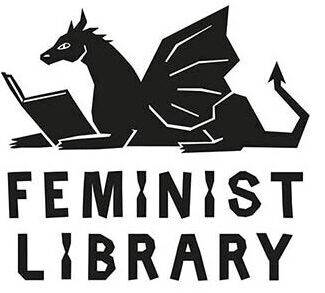A Woman’s Game – The Rise, Fall and Rise Again of Women’s Football by Suzanne Wrack

Suzanne Wrack is a women’s football correspondent for the Guardian and Observer. She is
also the author behind the inspirational and revelatory read, A Woman’s Game. In her new
book she tackles the common misconception that women’s football is not as popular or
credible as their male counterparts. Wrack balances out the ruthless misogynistic forces set
out to deter women from the game over the last three decades, with emphasis on the fact
that women refuse to be deterred. Their perseverance, bravery and determination towards
the game and fight for equality has and remains courageously prevalent.
Wrack essentially splits the book up into two parts, pre–Football Association 1921 ban and
post 1921. After a boxing day charity match ‘on behalf of the unemployed and disabled ex-
service men’ where 53,000 attendees watched and £3000 (£140,000 today) was raised, the
FA decided to ban women’s football. There were several successful charity matches leading
up to the ban, the Dick, Kerr Ladies team ‘by then had raised £47,000 (£2.4million today) for
those in need’ and were playing for fundamental social change. Wrack argues that their
success was a threat to the Conservative agenda ‘Churchill’s Tories voted against the
formation of a national health service twenty-one times’ and therefore needed to be
stopped. The ban lasted 50 years and forced the female sport to go underground or abroad.
Although women’s football is finally on an upward trend post ban, ‘Euro 2017 attracted a TV
audience of 150 million [and] 43,423 were at Wembley for 2018 Women’s FA Cup final.’
There is still a significant amount of work that the FA needs to do for the game to be on par
with the men’s teams, from pay to professionalism the Women’s sport is miles behind.
Suzanne Wrack’s, A Woman’s Game is an incredibly detailed historical analysis of women’s
football, combined with somewhat of a memoir and manifesto. Which makes for a timely
and powerful read. Women playing football is more than just a sport, it’s a form of activism,
a fight for equality, inclusivity and social progress. A feminist call to action that Wrack has
shown has a promising future.
Review written by Danielle Papamichael
